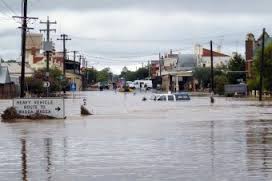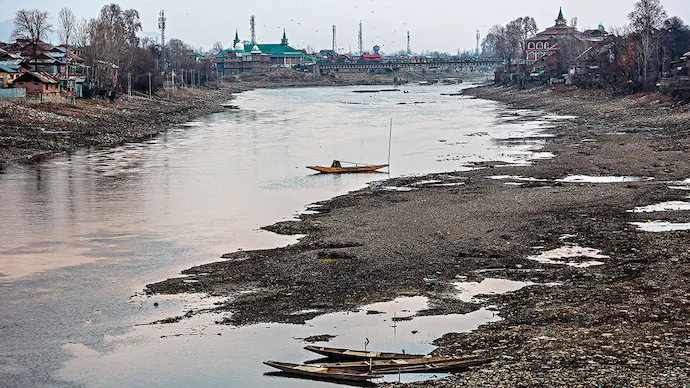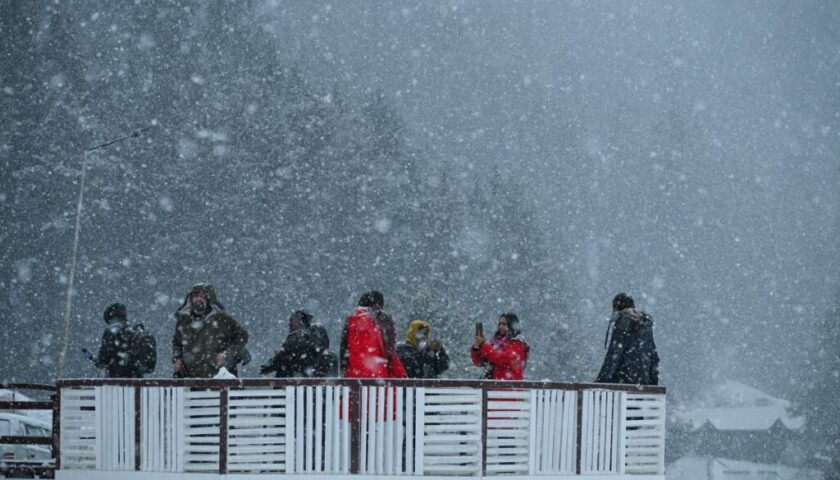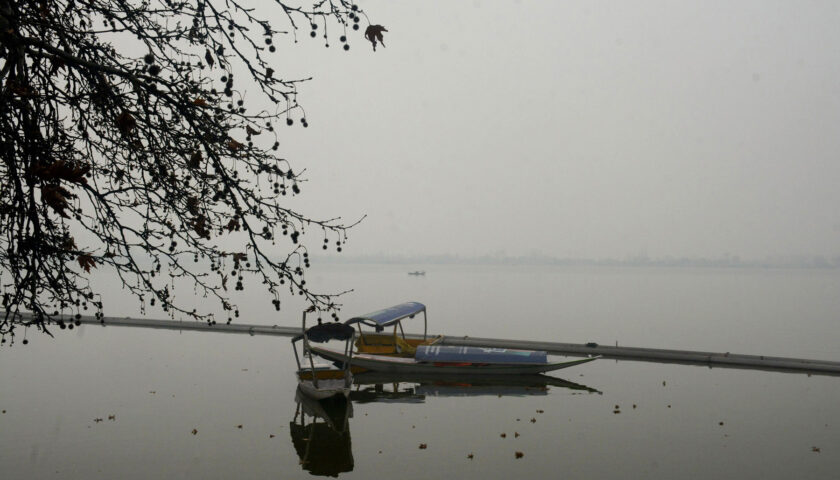With a series of mitigation measures recommended by experts remaining unimplemented over the past year, the threat of floods remains real in Kashmir.
 The recommendation and preventive measures to “minimise the risk” associated with floods — suggested by experts and also documented in an official assessment report of the state government — have remained unimplemented even as the Kashmir region is ready to mark the anniversary of last year’s devastating floods.
The recommendation and preventive measures to “minimise the risk” associated with floods — suggested by experts and also documented in an official assessment report of the state government — have remained unimplemented even as the Kashmir region is ready to mark the anniversary of last year’s devastating floods.
The official report prepared after last year’s deluge by the Indian Space Research Organisation’s National Remote Sensing Centre and the state government’s Department of Environment and Remote Sensing had suggested 14 recommendations aimed at minimising the risk of floods.
The key recommendation of the report had suggested digging up of an alternative flood-spill channel for the Jhelum river, which would run parallel to it from south to north Kashmir’s Wullar lake.
The idea of having an alternative flood-spill channel, an official of the state’s irrigation and flood control department said, had been proposed to the Central government in 2010.
The department had suggested a spill channel which can have an intake capacity of 60,000 cusecs from Dogripora in south Kashmir to Wullar.
The current discharge capacity of the river, which snakes through the region, is 25,000 cusecs and together with the existing flood-spill channels it takes about 35,000 cusecs of water. Last year in September, the water volume of the Jhelum reached 1.20 lakh cusecs, wrecking the region with an unprecedented flooding.
Several hundred residential and commercial neighbourhoods were wrecked by the devastating deluge last year which took the state government off guard. The Valley has since witnessed an unusually high number of flood alarms.
Officials said the construction of an alternative flood-spill channel, which is estimated to run a distance of 80-km, has been hit by lack of funding. The channel will approximately cost Rs 18,000 crore out of which Rs 13,500 crore will have to be spent on land acquisition and compensation.
The report had also suggested desiltation of the Jhelum river and lakes and strengthening of the river’s embankments — on which meagre progress has been made in the past months.




